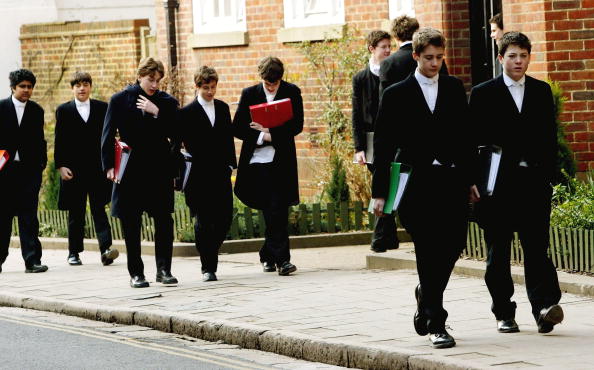DEBATE: With Labour’s plans to scrap private schools, should the state have a monopoly on providing education?

With Labour’s plans to scrap private schools, should the state have a monopoly on providing education?
Maya Goodfellow, a freelance writer and author of Hostile Environment: How Immigrants Became Scapegoats, says YES.
Private schools are designed to give some children a leg up – if they weren’t, what would be the point of paying for them? We’ve known for decades that they help create inequality.
And so it’s only right that Labour looks at how to integrate the private into the public sector, just like the government did in Finland in the 1970s. Finland has one of the most equal systems in the world, and shows that the state should and can provide excellent, inclusive education for everyone.
This isn’t going to be an overnight process, but it can be done in all manner of ways: charging VAT on school fees, stripping schools of their charitable status, and getting them to pay full business rates (which state schools already have to do). Private schools are one barrier of many to a fair and equal education system.
The question shouldn’t be if it’s right that the state provides all education, but why would we allow individuals to pay for something as fundamental as educating the next generation?
Cheryl Giovannoni, chief executive of the Girls’ Day School Trust, says NO.
First, creating a state monopoly removes the fundamental right of parents to make their own choices about the education of their children. Indeed, it could well be illegal, as it may violate Article 2 of the European Convention on Human Rights which protects parental choice.
Second, the creation of a state educational monopoly at this stage could only happen with the seizure and redistribution of private assets, many of which were acquired through legacies and charitable trusts.
Third and most importantly, it would do nothing to improve the outcomes of state-educated children. It is in the national interest for state schools and independent schools to co-exist, to work together for the benefit of all pupils across the country.
We will vigorously champion the value that independent schools add to the UK’s education landscape.
As Julie Robinson, chief executive of the Independent Schools Council, has stated: “abolition would represent an act of national self-harm”.
Main image credit: Getty